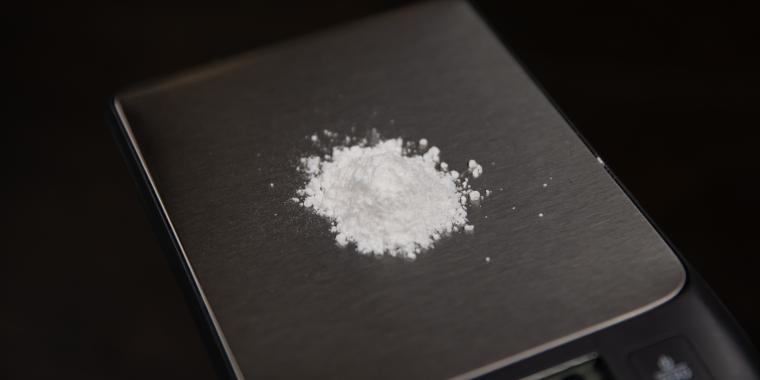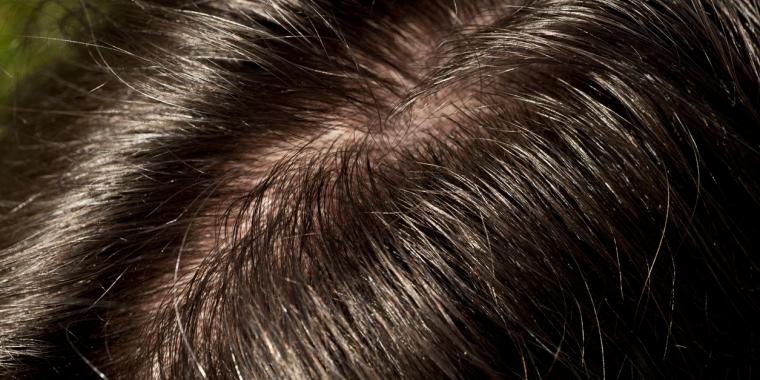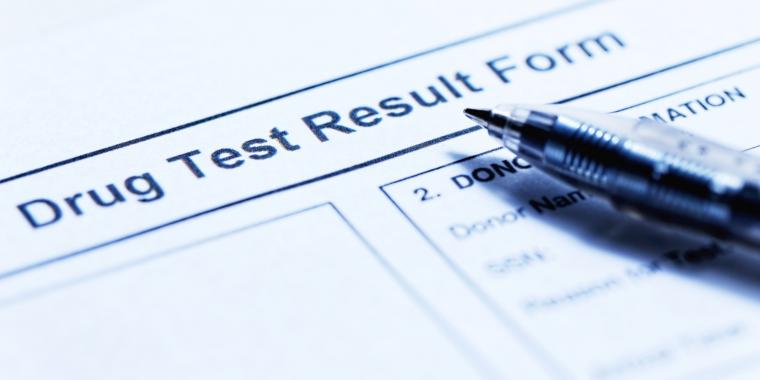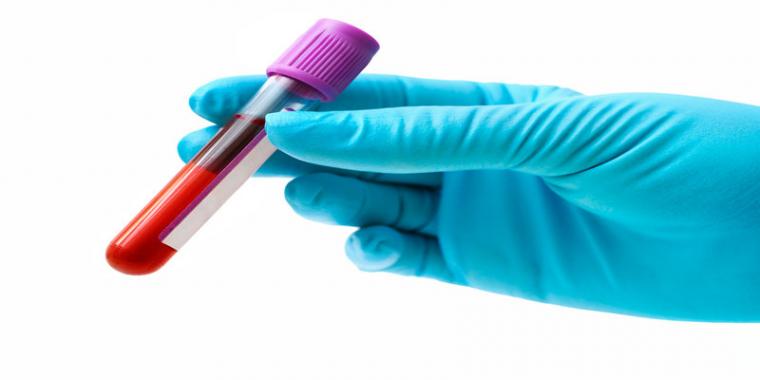Hair, Drug and Alcohol
Cocaine - cutting and lacing
The UK is “fast becoming the biggest consumer of cocaine in Europe” according to previous UK Security Minister, Ben Wallace. With this rise in demand, are suppliers cutting cocaine more than ever before, and if so, with what? In this article, the DNA Legal toxicology team, who write ... Read More
Alcohol Blood Testing: Hair strand testing combined with PEth
Phosphatidylethanol (PEth) in the blood is a highly specific, stable, and sensitive marker that is capable of distinguishing between teetotallers, social, chronic and excessive drinking behaviour. It is considered a direct biomarker of alcohol meaning it is only produced after someone has... Read More
How We Conduct a Hair Drug Test
Understanding our scientific testing may seem confusing at first, and we appreciate that your clients may feel nervous about the whole process. Therefore, we’ve created a step-by-step guide to talk you through Hair Drug Testing, allowing you to brief clients on what to expect. Before the... Read More
New Research into Hair and Blood Alcohol Testing
Testing for the ingestion of alcohol can be important for a variety of cases, criminal and otherwise. However, ethanol is quickly absorbed by the body, so once metabolism occurs testing for alcohol abuse often becomes difficult. Blood and urine samples can be taken, but results tend to be weak... Read More
Hair Alcohol Testing - The 2014 Consensus
On 13 June 2014, at a meeting in Bordeaux, France, the Society of Hair Testing passed a new consensus on the use of hair testing as a method of determining levels of alcohol consumption. The consensus is based on tests that took place from December 2013 to January 2014, with the participation of 31... Read More





